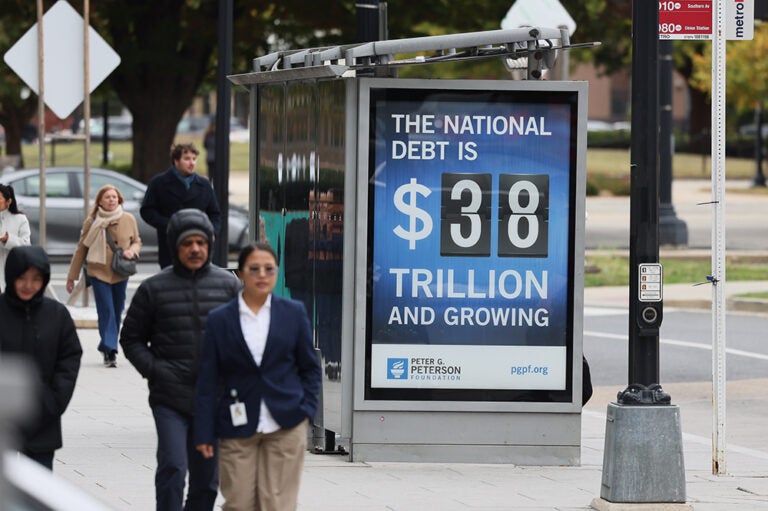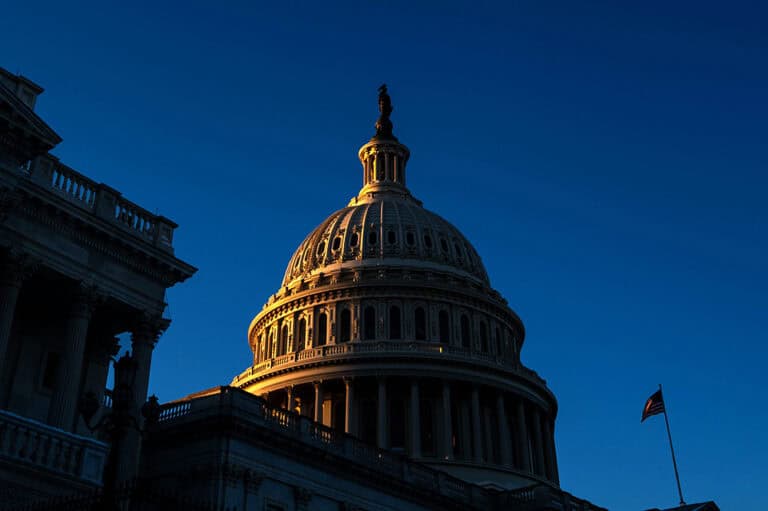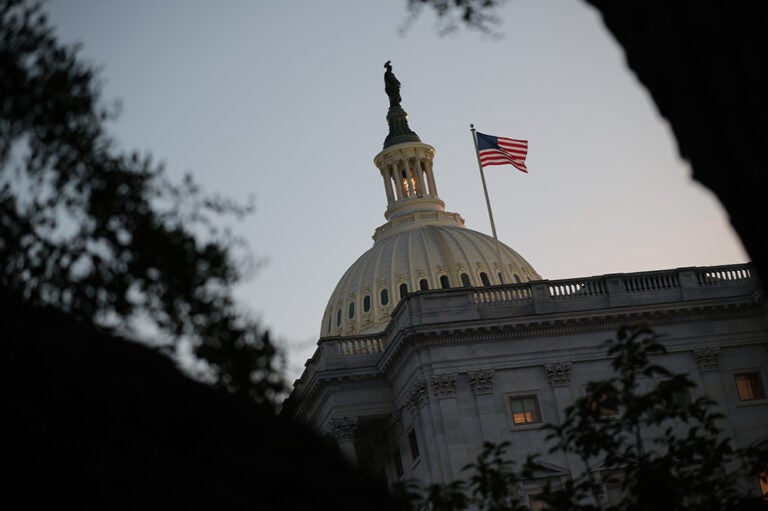Fed Chairman Powell Urges Congress to Address the Federal Budget’s “Unsustainable Path”
At a hearing on the Economic Outlook before the Joint Economic Committee on November 13, Federal Reserve Chairman Jerome Powell expressed concern about America’s fiscal outlook and how it may affect our economic future.
Powell highlighted the importance of having fiscal space to support economic recovery in the event of a downturn. The unsustainable path that we’re on now, he said, “could restrain fiscal policymakers' willingness or ability to support economic activity during a downturn.”
Looking further out into the future, Powell added:
“I remain concerned that high and rising federal debt can, in the longer term, restrain private investment and, thereby, reduce productivity and overall economic growth. Putting the federal budget on a sustainable path would aid the long-term vigor of the U.S. economy and help ensure that policymakers have the space to use fiscal policy to assist in stabilizing the economy if it weakens.”
Chairman Powell’s testimony comes during a period of historically high debt and deficits. Federal debt relative to GDP is the highest it has been since 1948, while the FY 2019 deficit was the largest in seven years. The Congressional Budget Office projects that national debt could rise to about 140 percent of gross domestic product by 2049.
Image credit: Photo by Alex Wong/Getty Images
Further Reading
What Is the National Debt Costing Us?
Programs that millions of Americans depend on and care about may be feeling a squeeze from interest costs on our high and rising national debt.
Interest Costs on the National Debt Are Reaching All-Time Highs
The most recent CBO projections confirm once again that America’s fiscal outlook is on an unsustainable path — increasingly driven by higher interest costs.
New Report: National Debt Outlook Gets Worse as Interest Costs Exceed $1 Trillion Annually
A new CBO report shows that the national debt outlook worsened from last year’s projections.


